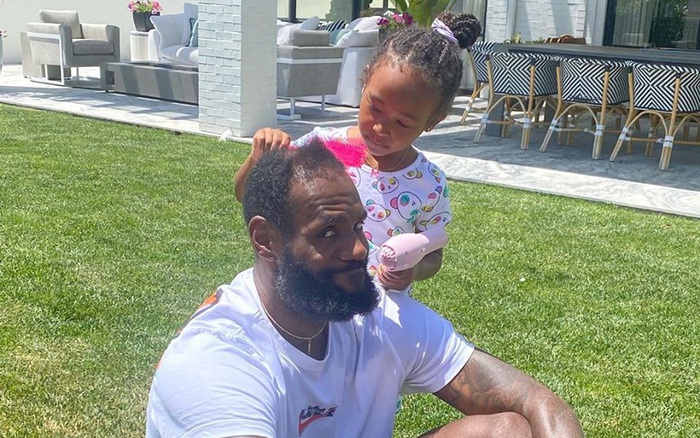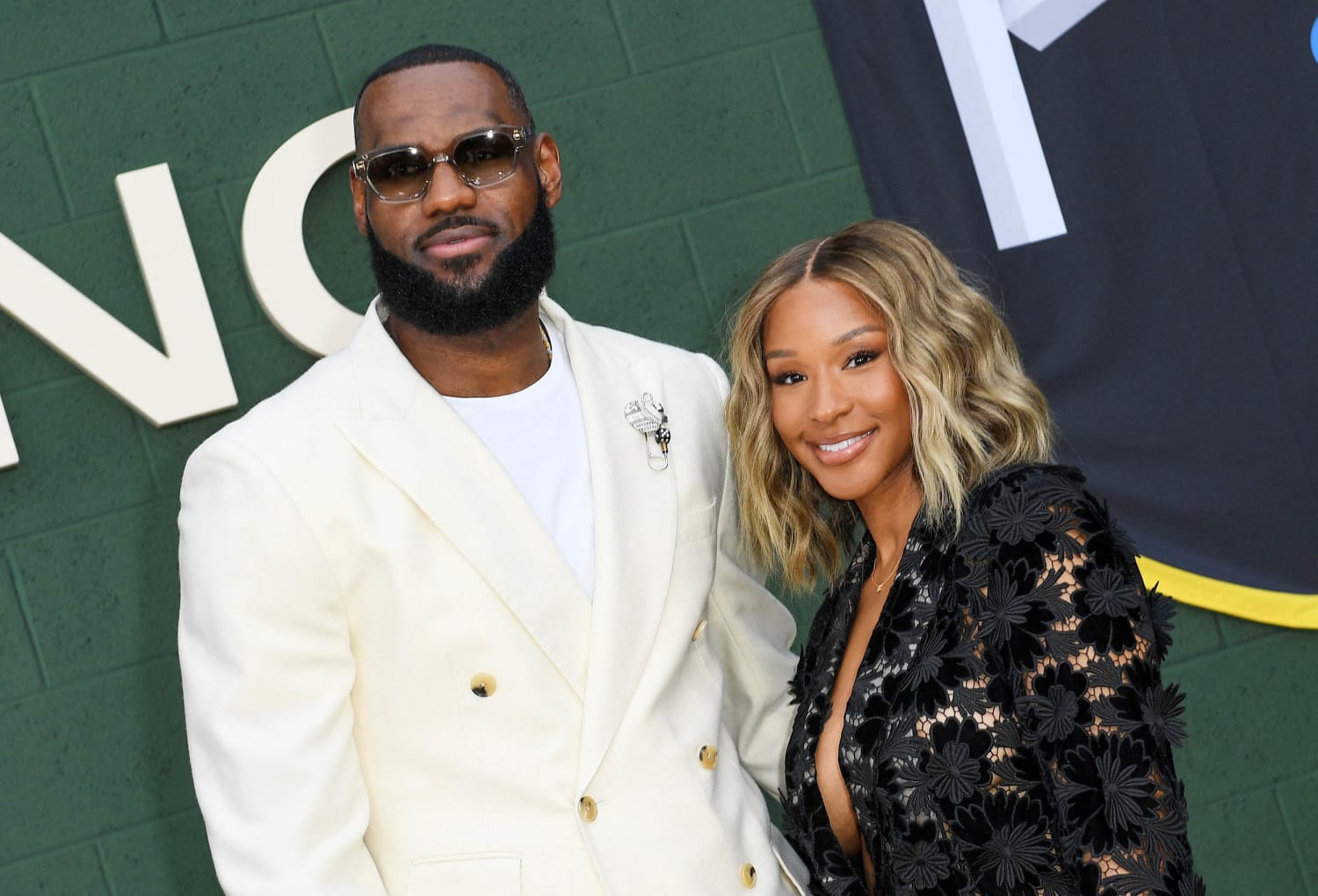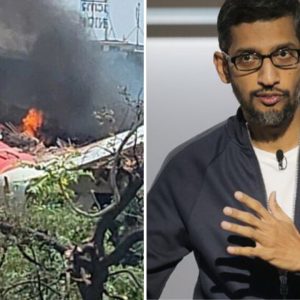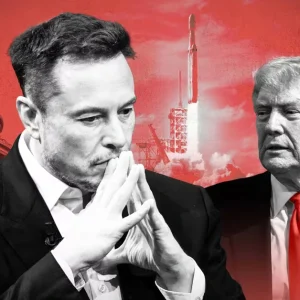LOS ANGELES — In a heartbreaking turn of events, NBA superstar LeBron James has confirmed that his cherished California home has collapsed following a powerful 5.5-magnitude earthquake. While the destruction of property alone marks a significant loss, a deeper tragedy may be unfolding, as uncertainty surrounds the whereabouts and safety of his wife, Savannah James, and their 10-year-old daughter, Zhuri, who were reportedly inside the home at the time of the disaster.

The unfolding story has captivated the nation, sparking a wave of shock and sympathy across social media and beyond. From fans to fellow athletes, messages of support have poured in, underscoring the importance of family and safety during moments of crisis. Known not only for his athletic prowess but also his philanthropic impact, LeBron James has long been a symbol of strength and resilience. The thought of him facing such personal loss has struck a deeply human chord around the world, serving as a poignant reminder that fame offers no immunity from life’s tragedies.

However, the situation has also reignited conversations about the role of celebrities in natural disasters. Some critics argue that the media’s intense focus on LeBron’s personal loss risks overshadowing the broader impact of the quake, which has affected countless families across California—many facing equal or even greater hardships. This disproportionate spotlight raises ethical questions about media coverage and whether journalistic priorities are skewed by fame.
Beyond the headlines, the incident has sparked renewed discussion about disaster preparedness among high-profile individuals. Given his resources, many might assume James’ home was equipped with the best safety measures available. Yet this event is a sobering reminder that even those who are seemingly well-prepared can fall victim to the unpredictable forces of nature. It also highlights the unique opportunity for public figures to use their platforms to advocate for emergency readiness and awareness.

As communities rally around the James family, the emotional toll of such a disaster cannot be overstated. The fear, uncertainty, and potential grief faced by Savannah and Zhuri resonate deeply with anyone who has endured similar crises. Psychological trauma often lingers long after the rubble is cleared, affecting mental health and family dynamics for years to come.
In the end, the collapse of LeBron James’ home and the uncertainty surrounding his family serve as a powerful reflection of life’s fragility. While the celebrity aspect draws attention, it is crucial to recognize the broader implications of events like this. It calls on all of us to evaluate our own preparedness, embrace community solidarity, and lead with compassion in the face of adversity. As the world awaits updates on the James family, one truth remains: in moments of crisis, our shared humanity is what shines brightest.






